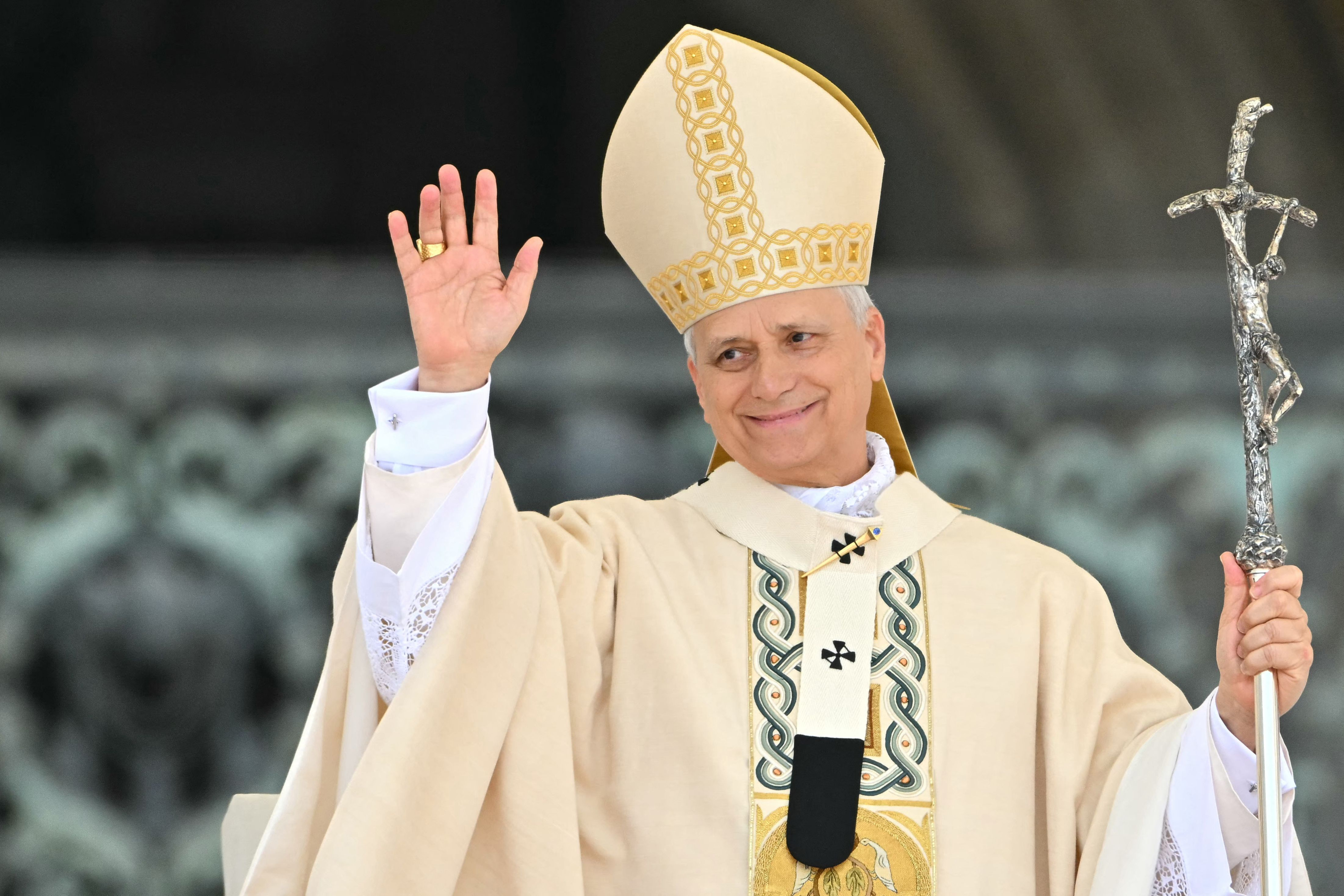Sweet potato, potato, potato, pomme de terre / 'Language in Time', column by Fernando Ávila

In 1493, Portugal and Spain were vying for the conquest and colonization of the newly discovered American continent. They chose Pope Alexander VI as their arbiter. He had only been on the papal throne for a year, but was an expert in political agreements of all kinds. Alexander VI, who was none other than the Spaniard Rodrigo Borja, drew a vertical line on the map presented to him, and thus the New World was divided into two parts, one for Spain and the other for Portugal. Later, some adjustments were made, such as the Treaty of Tordesillas, which was signed a year later. Why the Pope? Because officially, what the Europeans were doing in America was evangelizing, with the essential prior literacy training. Language and religion. Missionaries became fashionable. Remember the Jesuit missions in Paraguay and the Franciscan missions in California, sufficiently illustrated by literature and film. Our country was a territory of Franciscan missions since 1509. Throughout the 16th century, Dominicans, Augustinians, and Jesuits also arrived, establishing numerous missions in the various urban centers that were being established.
Bishop By then, the word "pope" had already been in use for five centuries as an identifier for the archbishop of Rome. Earlier, beginning in the third century, the name "pope" was used for bishops, and even earlier for some priests. Papa is nothing other than "father" or "dad" in Greek. It was during the papacy of Gregory VI, in the eleventh century, that the use of the word "pope" was limited exclusively to the bishop of Rome, successor of Saint Peter.
When Columbus arrived in Taino lands, today the Dominican Republic, he found the sweet potato, which he brought back to Spain. On subsequent voyages, he also brought the potato to the Iberian Peninsula. This Quechua name for another tuber, originally from present-day Peru, was confused with the sweet potato, giving rise, according to credible theories, to the name "patata," which in Spain was assigned equally to both the sweet potato and the potato. Another theory, whether true or false, seems seductive, says that the potato was given the name "patata" out of respect for the Pope, Bishop of Rome, leader of the ongoing evangelization and a successful divider of the New World, most of which was then Spanish. Let's see if all these merits didn't justify the prudent lexical choice!

Pope Leo XIV. Photo: AFP
In any case, according to historians, Pope Alexander VI never ate potatoes, as the first pontiff to hold one of these tubers was Paul III in 1540. By then, the potato was already being cultivated in Spain, where it was called patata; in France, where it was praised with the pompous name pomme de terre ('apple of earth'); and in England, where it arrived from Colombia in 1586 and was called potato, an adaptation of the Spanish word "patata."
The Dictionary of the Spanish Language lists three words for "papa." The first refers to the Roman Pontiff, with synonyms such as vicegod and vicechrist, and to "dad," with synonyms such as papi and father. The second refers to the herbaceous plant and its edible tuber, with synonyms such as potato and criadilla. And the third refers to "nonsense," "emptiness," or "nonsense."
eltiempo





